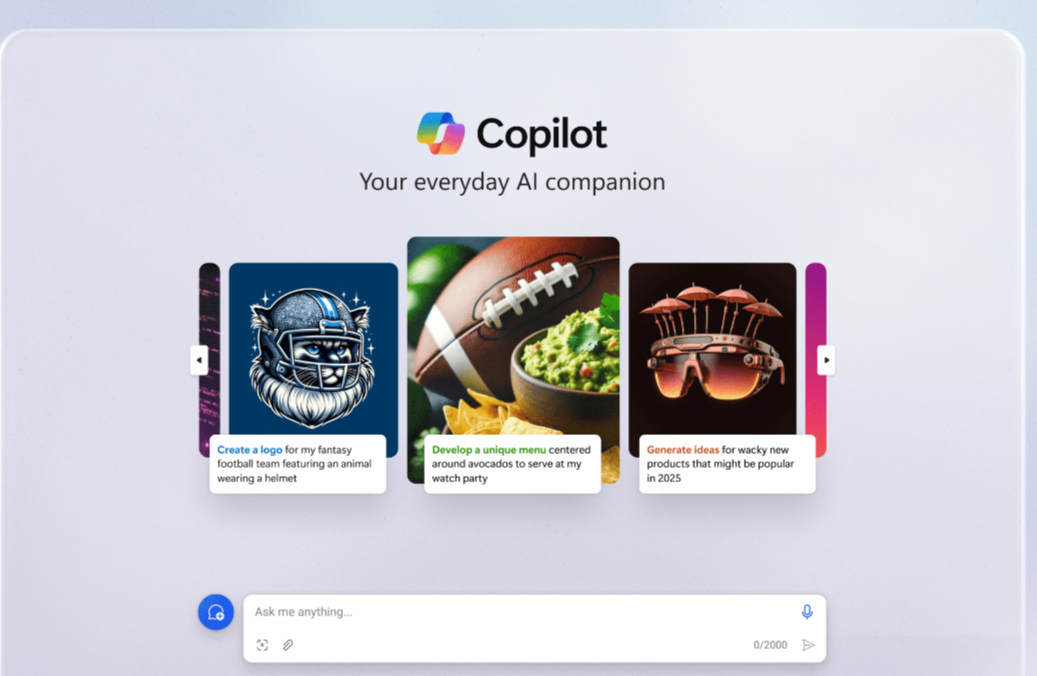Copilot is Microsoft's attempt at generative AI that improves productivity, and it continues to evolve and expand with Microsoft's AI ambitions. Today, about a dozen Copilot-branded products provide a variety of Microsoft software and services, such as summarization in Microsoft Outlook and transcription in Microsoft Teams. This is in addition to Microsoft's GitHub Copilot tool for generating code and comylor of Windows and Web, which serves more as a general assistant to à la Openai's ChatGTT than a point solution.

What is Microsoft Copilot?
Microsoft Copilot, formerly known as Bing Chat, is built into Microsoft's Bing search engine, as well as Windows 10, Windows 11, and the Microsoft Edge sidebar. (Newer computers even have a dedicated keyboard key to launch Copilot.) There are also separate Copilot apps for Android and iOS, as well as an in-app Telegram chat room.
Using accurate versions of OpenAI models (OpenAI and Microsoft work closely together), Copilot can perform a variety of tasks described in natural language, such as writing poetry and prose, as well as translating text into other languages and gathering data from around the web (even if it's not perfect). Copilot, like ChatGPT and Google’s Gemini, can browse the web (in Copilot’s case, via Bing) for up-to-date information. It sometimes gets things wrong, but for timely queries, access to search results can give Copilot an advantage over offline bots such as Anthropic’s Claude. Copilot can create images by clicking Image Creator, a Microsoft image generator built on the OpenAI DALL-E 3 model. It can also generate songs by integrating with Suno, an artificial intelligence music generation platform. If you type something like "create a zebra image" or "generate a song with a jazz beat" into Copilot, the corresponding tools will appear.
In terms of integration, Copilot supports plugins for third-party applications and websites. To name a few, there are plugins for Instacart (for meal planning and cooking-related questions), Kayak (for travel planning), OpenTable (for restaurant reservations), and Shopify, with more being added regularly.
Like most generative AI models, the models powering Microsoft Copilots are trained on public materials, some of which are copyrighted or subject to restricted licenses. Companies like Microsoft argue that the fair use doctrine protects them from copyright claims. But that hasn't stopped owners of the material from filing class-action lawsuits against the company, GitHub, OpenAI and others for what the owners say are clear violations of licensing and intellectual property rights.
Microsoft offers policies that protect certain customers from lawsuits related to fair use challenges at least in a limited number of cases. However, this does not resolve the ethical dilemma of training models on material without permission, which may be more than some customers can afford.

.png)


.png)
.jpg)
.jpg)
.jpg)
.png)
.png)
.png)